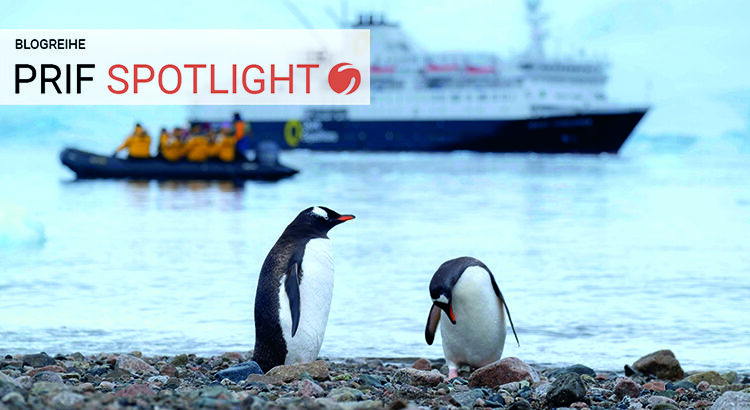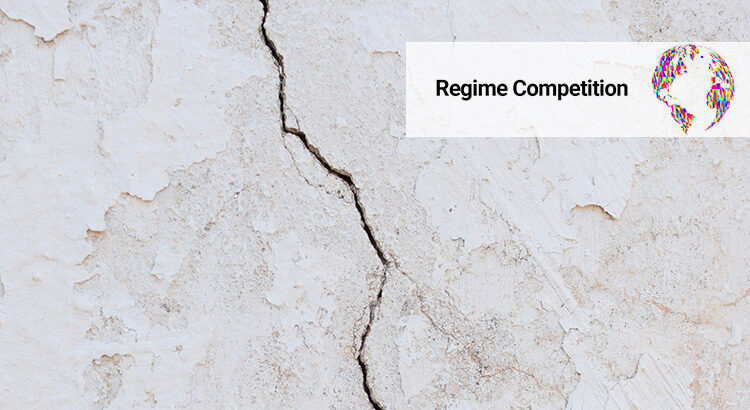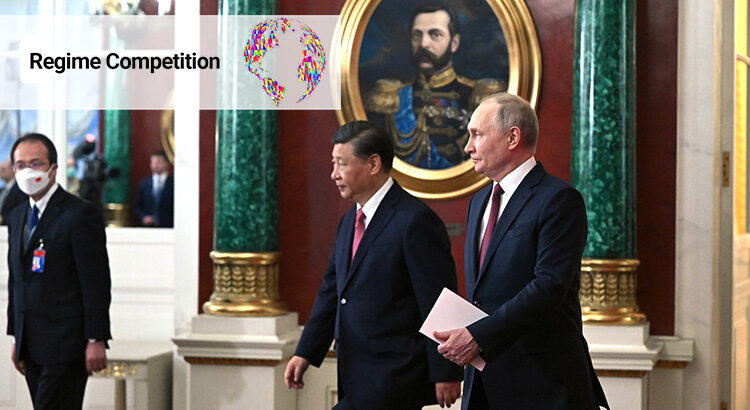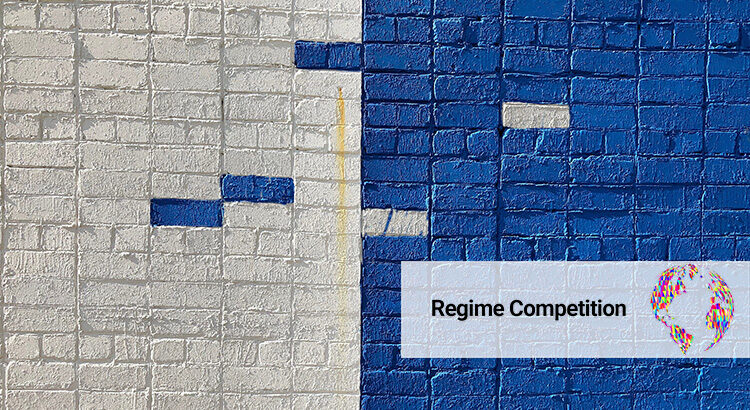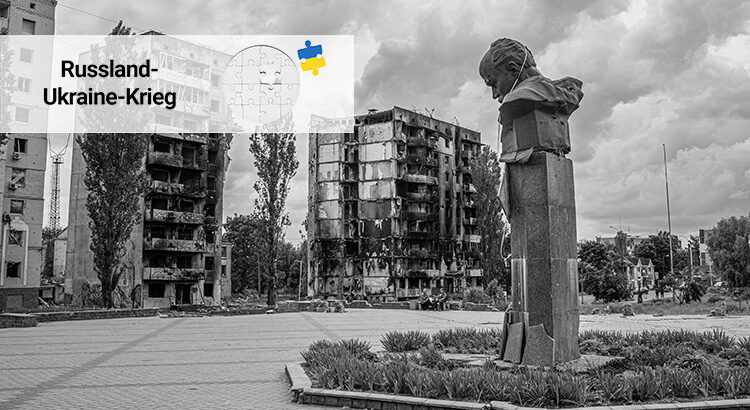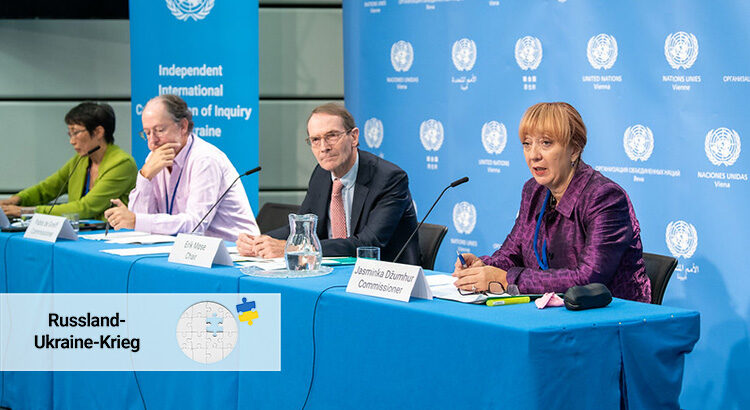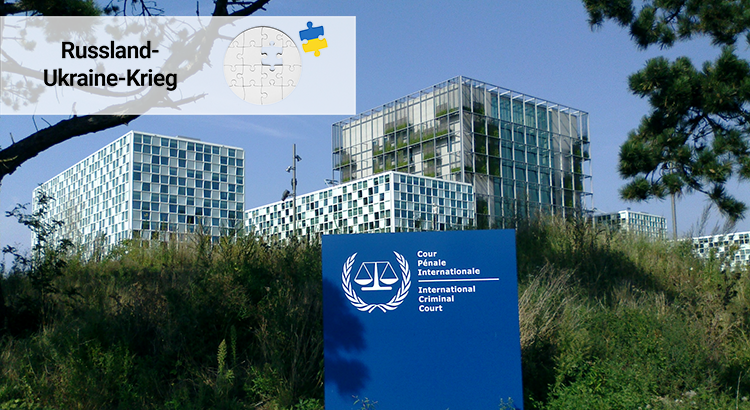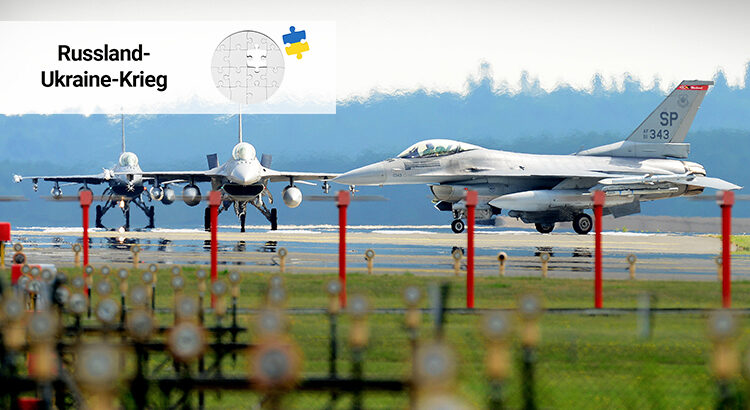Antarctic diplomacy has famously shielded the continent of peace, science, and environmental protection from outside conflict and war. This “exceptionalism” is now being tested by Russia’s war against Ukraine and the belief that international strategic competition between great powers is spilling over into the Antarctic. In order to keep the Antarctic exceptional, however, it would be wise to refocus on what has made Antarctic diplomacy so successful in the first place: cooperation in order to compete, or “co-opetition.”
Kategorie: Serien/Reihen
Decoupling and the “New Cold War”: Cautionary Lessons from the Past
An emerging “new Cold War” appears to pit democracies, led by the US, against autocracies, led by Russia and China. But the analogy between today’s regime competition and that of the “old” Cold War is deceptive. China and Russia today are much more closely intertwined with Western democracies than the Soviet Union ever was. These linkages will complicate the conflict considerably. There is already growing pressure to engage in “decoupling”, that is, to break these interdependencies. Research on past instances of decoupling shows that such processes often exacerbate conflict. This research offers four lessons about the general dynamics of decoupling – and little cause for optimism about today’s disengagement processes.
Xi and Putin’s Strategic Tango: Unpacking the Complexities of Russia-China Relations After the 2023 Moscow Summit
The March 2023 state visit of Chinese president Xi Jinping to Russia has attracted significant attention, and has been described as symbolic of growing cooperation between authoritarian states opposed to the current world order. However, as we argue in a recently-published article based on a review of Russian and Chinese expert statements, this partnership should best be understood as a limited, strategically motivated cooperation against shared threat perceptions. Meanwhile, there is much less agreement on normative questions, let alone a shared vision of an alternative world order.
Regime Competition in a Fragmented World: Consequences for Peace and Conflict
More than thirty years after the proclaimed “end of history” and the third wave of democratization, the world is once again marked by increased diversity in political regimes. The (re-)emergence of powerful authoritarian states like China and Russia and the trend of backsliding in seemingly consolidated democracies have created a more pluralistic and multipolar world, in which states with different political regime types increasingly view each other as competitors, seeking to prove the superiority of their own political and economic systems and to win the allegiance of third countries.
War against Ukraine: How to Make Deterrence and Arms Control Work
One year after the Russian invasion of Ukraine, experts from the United States, Ukraine, Germany, Turkey, and France discussed the consequences of the war for the nuclear world order in a workshop organized by PRIF’s French partner organization “Fondation pour la recherche stratégique” (FRS) and the “Odesa Center for Nonproliferation” (OdCNP). The focus was on the importance and limits of nuclear deterrence policy and arms control, disarmament, and nonproliferation.
From Facts to Norm Violations and Accountability? The Independent International Commission of Inquiry on Ukraine
The Independent International Commission of Inquiry on Ukraine—established by the United Nations Human Rights Council in March 2022—published its report on 15 March 2023, detailing numerous violations of international human rights, criminal and humanitarian law, primarily carried out by Russian forces. Such commissions of inquiry are essential when other enforcement mechanisms are blocked, and can provide avenues for accountability in national, regional, and international courts. The full-scale attention of international institutions on Ukraine is a critical moment to strengthen the work of international fact-finding missions for future and existing armed conflicts.
Der Haftbefehl des Internationalen Strafgerichtshofs gegen Putin – Eine völkerrechtliche Einordnung
Am 17. März 2023 hat der Internationale Strafgerichtshof (IStGH) Haftbefehle gegen Vladimir Putin und eine Präsidialbeamtin erlassen. Diese Entscheidung hat große Teile der Fachwelt überrascht und wirft einige Fragen auf: Auf welcher Basis kann der IStGH Putin verfolgen? Was wird ihm und der Präsidialbeamtin vorgeworfen? Ist er als amtierender Präsident vor Verfolgung besonders geschützt? Welche Staaten sind verpflichtet, den Haftbefehl umzusetzen? Was sind die politischen Folgen für Putin, das Gericht und das Völkerrecht? Der Blogbeitrag geht auf diese Fragen vor allem aus völkerrechtlicher Sicht ein.

The Externalization of EU Borders: The Case of Agadez
While the externalization of border enforcement to African states may have contributed to a decline in arrivals to Europe via the Mediterranean Sea, Nigerien and European Union (EU) authorities have neglected the immense negative impacts of these migration policies on local communities, refugees, and migrants. This spotlight provides an overview of the local implications of the EU’s strategy of externalizing its borders towards transit states in Africa. It focuses on the case of Agadez in Niger, which has been the primary transit city within the Sahel region for migrants and refugees in transit to Europe.
New Guidelines for Germany’s Feminist Foreign Policy: The Need To Translate Norms into Political Practice
Feminist foreign policy (FFP) should aim at revising patriarchal and colonial power structures, changing exclusive male-dominated decision-making processes, and designing international politics from a perspective of gender justice. With their new guidelines, the German Foreign Office promises ambitious aims to promote gender-sensitive human rights, strengthen the participation of women at all political levels and ensure a gender-equal access to resources and budgets. However, the implementation of these guidelines remains a key factor for success and some feminist challenges have not been properly addressed.
Kampfflugzeuge für die Ukraine und das Risiko der Eskalation: Ein Realitätscheck
Nachdem mehrere NATO-Staaten der Ukraine nach monatelangem Ringen die Lieferungen von Panzern zugesagt haben, intensiviert die ukrainische Regierung ihre Forderungen nach Kampfflugzeugen westlicher Bauart. Allerdings wäre die Ukraine auch mit einigen westlichen Jets kaum in der Lage, die leistungsfähigen russischen Flugabwehrsysteme zu zerstören. Darüber hinaus, und wichtiger, stellen westliche Kampfflugzeuge enorme Anforderungen an Infrastruktur und Ausbildung. Eine Lieferentscheidung wäre in erster Linie ein politisches Signal für die langfristige Unterstützung des Landes. Auswirkungen auf dem Schlachtfeld hätte sie zum jetzigen Zeitpunkt nicht.
